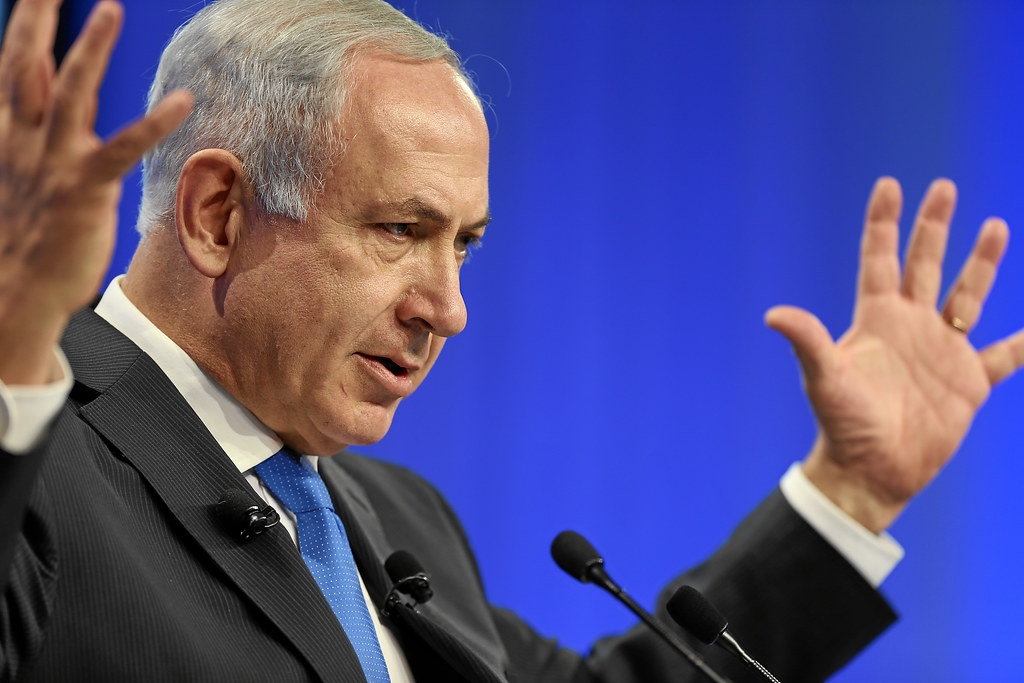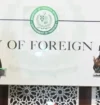Israel Faces Diplomatic Pressure After Incidents in Gaza and Damascus
**Title: Israel Faces Diplomatic Pressure After Incidents in Gaza and Damascus**
In recent days, Israel’s Prime Minister Benjamin Netanyahu found himself navigating a diplomatic storm following two significant events that shook the region’s stability. These incidents have not only strained Israel’s relations with key allies but also sparked renewed international scrutiny on its actions in Gaza and beyond.
The first incident occurred on April 1st, when seven aid workers from World Central Kitchen tragically lost their lives in Gaza due to actions by the Israeli army. This event drew sharp criticism from various quarters, including US President Joe Biden, who expressed his frustration with Israel’s handling of the situation. Simultaneously, Israel’s attack on the Iranian diplomatic compound in Damascus, resulting in the death of a senior general and other officers, further escalated tensions in the region.
Israel’s justification for the attack on the Iranian compound was met with skepticism, with many questioning the legality of targeting diplomatic premises. Despite Israel’s claims that the compound had been repurposed as a military outpost, the international community remained unconvinced.
President Biden, in a strongly worded statement, condemned Israel’s actions and called for significant concessions, including increased humanitarian aid to Gaza and the opening of border crossings. However, Netanyahu’s promises of change were met with skepticism, as Israel appeared to stall on fulfilling these demands.
In addition to pressure from the White House, Netanyahu faced challenges from ultranationalist factions within his government, who opposed flooding Gaza with aid and instead advocated for resettling Jews in the territory. This internal political tension further complicated Israel’s response to the crisis.
As international criticism mounted, the United States signaled its growing concern about the humanitarian situation in Gaza, with top officials warning of the possibility of famine in the region. Speculation arose regarding potential conditions on US military aid to Israel, adding to the pressure on Netanyahu’s government.
A pivotal moment came with Iran’s direct attack on Israel, which temporarily shifted attention away from Israel’s internal challenges. However, the underlying issues surrounding Israel’s actions in Gaza and Damascus remain unresolved, highlighting the complex diplomatic landscape facing Netanyahu’s administration.
In conclusion, Israel finds itself at a crossroads, facing diplomatic pressure from both external allies and internal political factions. How Netanyahu navigates these challenges will not only shape Israel’s relations with key partners but also determine the trajectory of the ongoing crisis in Gaza.



